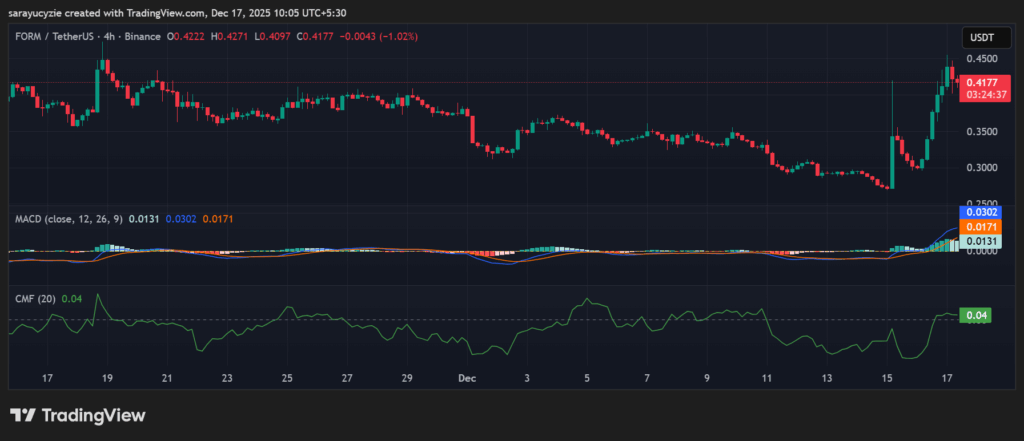Malta Faces $39 Million Crypto Charity Stalemate: Ethical Disputes Stall Patient Assistance
- Binance's $39M crypto donation to Malta's MCCF, initially $200K in 2018, sparks political and ethical debate over accepting funds from a fined crypto firm. - Government splits: PM Abela criticizes charity's "puritanical" stance, while President Debono defends rejection to protect MCCF's integrity and donor trust. - Dispute centers on data privacy concerns (Binance demands patient info for crypto transfers) and unresolved 2021 legal issues between MCCF and Binance. - Experts highlight risks of reputationa
Binance’s $33 million cryptocurrency donation to a Maltese cancer charity, which was originally valued at $200,000 in 2018, has ignited a major political controversy in Malta, revealing sharp disagreements over ethics, practicality, and the dangers of partnering with contentious crypto companies. The Malta Community Chest Fund (MCCF), a charity linked to the government, turned down the donation in October 2025, citing concerns about Binance’s legal background and the potential impact on its reputation. Prime Minister Robert Abela has since called on the charity to reconsider, arguing that rejecting the funds deprives cancer patients of much-needed support. In contrast, President Myriam Spiteri Debono stood by the decision, labeling the offer a “fake donation” and cautioning that accepting it could harm the charity’s credibility [1].
This conflict dates back to 2018, when Malta, branding itself as the “Blockchain Island,” welcomed Binance as a central figure in its crypto sector. Binance’s Blockchain Charity Foundation committed 30,644

The MCCF’s decision to decline the donation centers on a disagreement about how the money should be distributed. Binance wants to send funds directly to patients’ crypto wallets, which would require access to sensitive medical and financial details. The charity refuses to provide such information, arguing that doing so would breach privacy laws and ethical guidelines. In 2021, a lawsuit between MCCF and Binance over missing financial records was quietly dropped after the documents were found, but the main dispute over how to distribute the funds remains unresolved [3].
Political figures are divided. President Spiteri Debono stressed the importance of safeguarding the MCCF’s reputation, saying it would be “unfair to other donors who comply with the law.” On the other hand, Prime Minister Abela criticized the charity’s “overly strict” approach, insisting that Malta’s strong anti-money laundering measures could address any concerns. “Countries that criticize us would be the first to welcome Binance themselves,” he argued, suggesting that refusing the donation is a lost chance to help patients [4].
Experts are also split. Economist Marisa Xuereb pointed out the reputational dangers for NGOs, emphasizing that public trust is essential for raising funds. “NGOs are especially vulnerable to rumors of wrongdoing,” she noted, adding that donors with questionable backgrounds might use charity to improve their image [5]. On the other hand, lawyer Adrian Sciberras advocated for a practical approach, highlighting Binance’s reforms after its legal settlement and its global reach. “The real benefits to the community should take precedence over moral appearances,” he said, suggesting the funds could finance years of medical care [6].
The public is just as divided. Some, like former MP Franco Debono, believe the money should be used regardless of its origin: “Using ill-gotten money for good is poetic justice.” Others, including financial experts, support the president’s position, warning that accepting questionable funds could undermine trust among donors [1].
With the donation still locked in a digital wallet, Malta’s healthcare system is struggling with a severe shortage of palliative care doctors—only two are currently available, far short of the 12 needed. Coinbase executive Conor Grogan has urged Maltese authorities to take action, pointing out that the funds could pay for medical staff salaries. Yet, as the political and ethical debate continues, the $39 million remains untouched, highlighting the complicated nature of crypto-based charity in an uncertain regulatory environment [7].
Disclaimer: The content of this article solely reflects the author's opinion and does not represent the platform in any capacity. This article is not intended to serve as a reference for making investment decisions.
You may also like
FET Rallies 11% as Bullish Momentum Holds, Yet Risk Looms
FORM Rallies 14% in a Flash: Are Buyers Gaining the Upper Hand? post-153175 post-153175 post-153175
